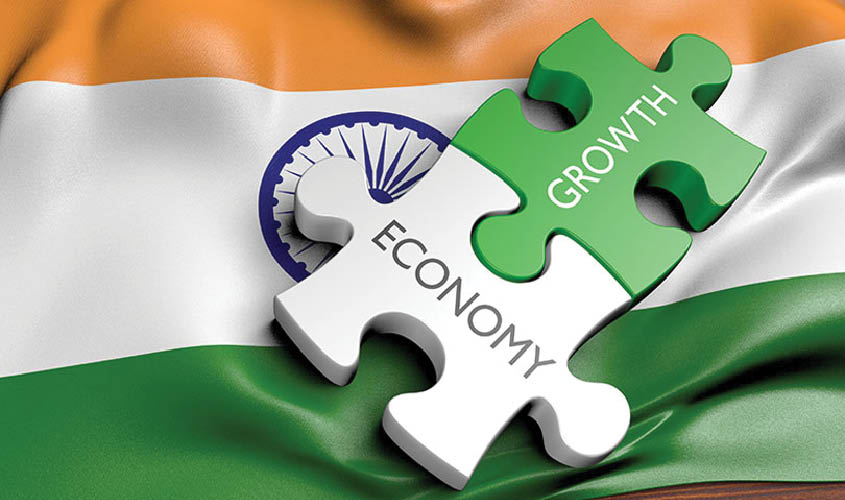Even an elementary school student knows that a smaller share of the much bigger cake would be better than a bigger share of a small cake. This is especially relevant in matters of public finance. Since the colonial era, North Block has concentrated on getting a bigger share of the existing pool of financial resources available, rather than have as its primary focus the speedy growth of the economy. A low tax rate promotes both compliance as well as an increase in revenue caused by the higher number of individuals coming forward with correct returns as well as the benefits from the extra growth that takes place in an atmosphere of high economic achievement. There is no doubt that the poor of the country need to be rescued from the dire straits that they are in as a consequence of hopelessly inadequate standards of health, housing, education and employment. However, this cannot be achieved in a shrinking economy. What is needed is for the economy to grow even faster than before. Already, China has once again overtaken India in world ranking of growth rates. For some time under Prime Minister Narendra Damodardas Modi (who has been justly acclaimed for the Gujarat Model of Development), India was the fastest growing major economy in the world. It is important that this enviable position be regained rather than remain out of reach. The Ministry of Finance needs to focus on a budget that ensures high growth, rather than as usual on how the Government of India can scoop away as big a proportion as feasible from the income of citizens. A look at history would show that North Block became a stumbling block to growth and the welfare of citizens when such policies as 97% tax rate on incomes or Retrospective Tax were adopted. The statistical results of the period after the 8 November 2016 demonetisation have shown how the failure of the Reserve Bank of India to ensure sufficient liquidity in the period after this boldest of bold measures was announced by the Prime Minister caused terrible pain to the economy, especially to the MSME sector. It needs to be remembered, in a way that the RBI leadership of that period forgot, that the MSME sector is the foundation of the strength of the large-scale sector. Rather than be a hindrance to the development of the economy, the informal sector has long been the vehicle that sustained demand in the formal sector. The two grew together cooperatively rather than in opposition to each other.
Regulation has followed regulation that prescribes the severest of penalties even for minor infractions. Whether it be in the matter of GSP (compliance with which remains difficult, even if no longer a nightmare) or in the matter of taxes paid, even honest mistakes could lead to prison. Such penalties, which are unique among major economies, have been upheld by the courts. As a consequence, just engaging in business in India is becoming an activity that forces the individual concerned to spend hours every day on matters not of finance and marketing but of compliance. There is money within the country and money outside the country that is capable of being invested in India to create jobs and assets. However, for the sharp increase in investment that is needed in the economy

